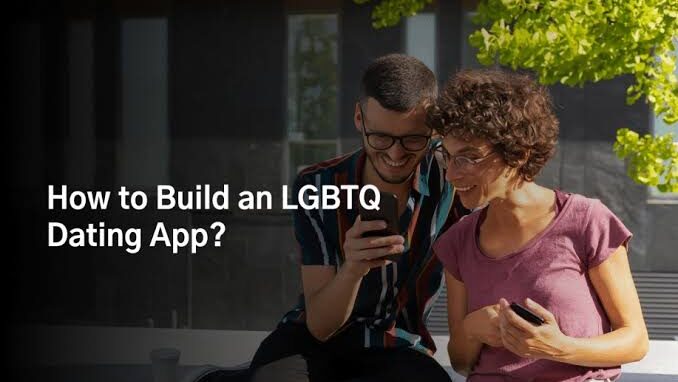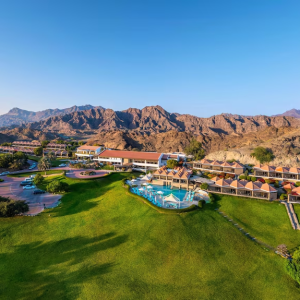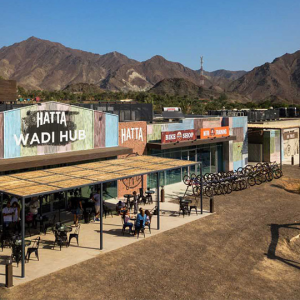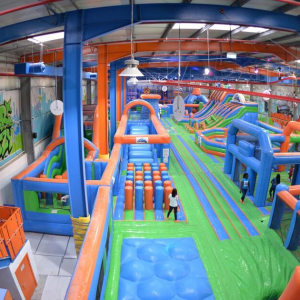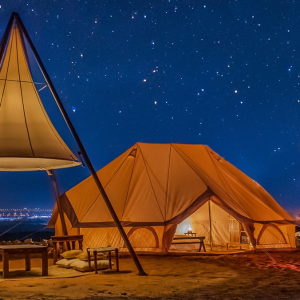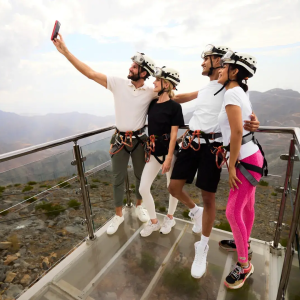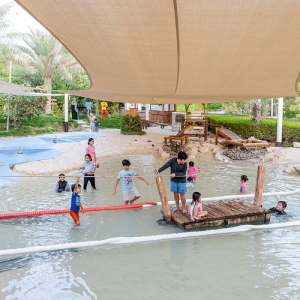The United Arab Emirates (UAE) is known for its rapid economic growth, vibrant city life, and diverse population. However, it is also a country with deeply rooted cultural and religious values that shape its legal framework, especially when it comes to issues of sexuality and gender identity. In such an environment, the topic of LGBTQ+ rights remains sensitive, with the country’s laws and policies largely reflecting conservative social norms.
For individuals who identify as gay or part of the LGBTQ+ community in the UAE, the search for connections, support, and relationships can be challenging due to the legal, cultural, and societal constraints. One of the ways many people within the LGBTQ+ community navigate these challenges is through the use of mobile apps designed for social networking, dating, and even support systems. However, these platforms face significant hurdles in a country where homosexuality is still illegal, and there is a strong focus on maintaining public order and moral values.
In this article, we delve into the presence of gay apps in the UAE, the challenges users face, and the potential for these platforms to foster a sense of community and support, all while adhering to the country’s legal and cultural guidelines.

The Legal Landscape for LGBTQ+ Individuals in the UAE
In the UAE, the law does not recognize or support same-sex relationships. Homosexuality is prohibited under the Penal Code, and individuals found engaging in homosexual acts may face legal consequences, ranging from fines to imprisonment, and in some cases, deportation for expatriates. These legal restrictions place significant pressure on the LGBTQ+ community in the UAE, creating a climate of fear and secrecy for many individuals seeking relationships or connections that are outside of the traditional heterosexual framework.
In this context, gay apps have emerged as both a refuge and a challenge for the LGBTQ+ community. For users of these platforms, the primary purpose is to connect with like-minded individuals, whether for friendship, dating, or support. However, the use of such apps can also expose individuals to potential legal risks, especially if their activities are detected by authorities.

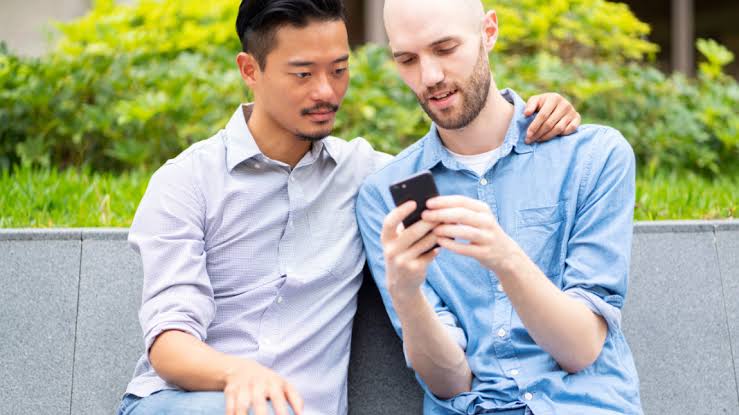
Gay Dating Apps in the UAE: The Challenges
Despite the legal and cultural challenges, gay dating apps continue to be widely used in the UAE, with many individuals relying on these platforms to meet others, form relationships, or seek advice from fellow members of the LGBTQ+ community. However, several factors complicate the experience for users:
1. Privacy and Safety Concerns
Privacy is one of the top concerns for anyone using a gay dating app in the UAE. Because the country’s laws criminalize homosexuality, many users are cautious about revealing their identities or location. These apps often allow users to hide personal details, such as full names and exact locations, but this can also lead to feelings of isolation or lack of transparency.
While the platforms themselves may have privacy features to help users protect their data, individuals must also exercise discretion in their behavior online. In some cases, authorities may track app usage or online activities, so users often opt for using VPNs (Virtual Private Networks) to mask their IP addresses and prevent detection.
2. Cultural and Religious Stigma
The UAE is a country where Islamic teachings and traditions strongly influence public life, and LGBTQ+ individuals are often viewed with suspicion or disdain. For many gay people in the UAE, participating in online dating or social networking apps can feel like a constant balancing act between personal identity and societal expectations.
Users on these platforms are often required to keep their activities private to avoid discrimination, social exclusion, or potential legal issues. This stigma can prevent individuals from feeling comfortable and supported within the community, making it harder to build meaningful relationships.
3. Limited App Availability
Many global gay dating apps, such as Grindr, Tinder, and others, may be available in the UAE, but their usage is heavily monitored. These platforms might be blocked by the government, or their functionality may be limited, which forces users to resort to VPNs or other methods of bypassing government-imposed restrictions.
Some apps may still be accessible, though they are often used under the radar. This adds a layer of complexity, as users must frequently find alternative ways to access these platforms, all while avoiding potential exposure that could have serious consequences.
4. Legal Risks
In addition to privacy concerns, the use of gay apps in the UAE may carry legal risks. If someone is caught engaging in homosexual activities or found using gay dating apps, they may face legal repercussions, including arrest or deportation if they are an expatriate.
Although there have been few reported incidents of arrests specifically due to the use of gay apps, the legal climate in the UAE makes it imperative for users to be discreet. Many gay people in the UAE choose to keep their sexual identity private for fear of exposure, even within the confines of an online space.
Support and Connection within the Community
Despite the challenges, gay apps continue to offer a critical support system for many in the LGBTQ+ community in the UAE. These platforms provide a sense of belonging for individuals who may feel isolated or alienated from mainstream society. Connecting with others who share similar experiences can be empowering, especially in a country where homosexuality is not widely accepted.
1. Creating a Safe Space
Gay dating apps and social networks often act as a lifeline for individuals who may not have access to physical LGBTQ+ spaces, such as bars, clubs, or support groups, due to the restrictive environment. Through these apps, users can form connections based on shared experiences, values, and interests, providing a semblance of community in a place where such interactions may not be possible offline.
Some apps have community-driven features that promote safety, allowing users to report inappropriate behavior or harassment. This can foster a sense of security, knowing that there are systems in place to protect members from exploitation or discrimination.
2. Access to Resources and Information
In addition to dating, gay apps provide resources, such as support groups, discussion forums, and educational content related to health, mental well-being, and safe practices. These platforms offer individuals access to information that is often not readily available within mainstream society, especially in terms of sexual health, LGBTQ+ rights, and advocacy.
3. Connection with Like-Minded Individuals
For many gay people in the UAE, meeting others online provides a unique opportunity to connect with individuals who understand their struggles. Finding a partner or even a friend who shares similar experiences and challenges can be incredibly affirming, particularly for those who may feel isolated or unsupported in their everyday lives.
Conclusion: Moving Forward in a Restrictive Environment
While the use of gay apps in the UAE is fraught with challenges, these platforms provide essential avenues for socializing, dating, and building relationships for individuals within the LGBTQ+ community. For many, they are vital spaces that foster connection and belonging in a society where public displays of same-sex relationships are prohibited.
However, users must remain vigilant about the legal and cultural realities of the UAE. Discretion, privacy, and safety are paramount when engaging in online communities. As societal attitudes evolve and LGBTQ+ rights gain global recognition, it is hoped that the UAE will gradually move toward more inclusive policies that support and protect LGBTQ+ individuals. In the meantime, gay apps continue to serve as a vital tool for those seeking companionship, support, and a sense of belonging in a complex and sometimes hostile environment.
Do follow Uae stories for more Updates
ENOC Head Office in Dubai: A Symbol of Excellence in the UAE’s Energy Sector

